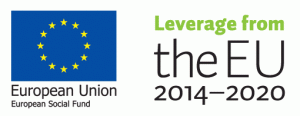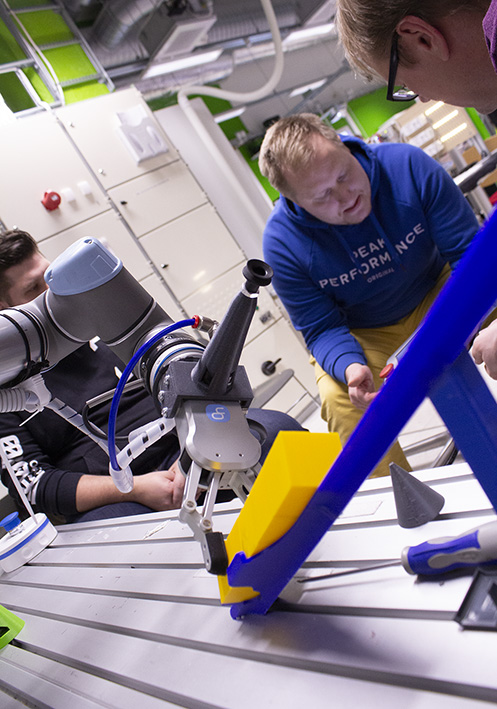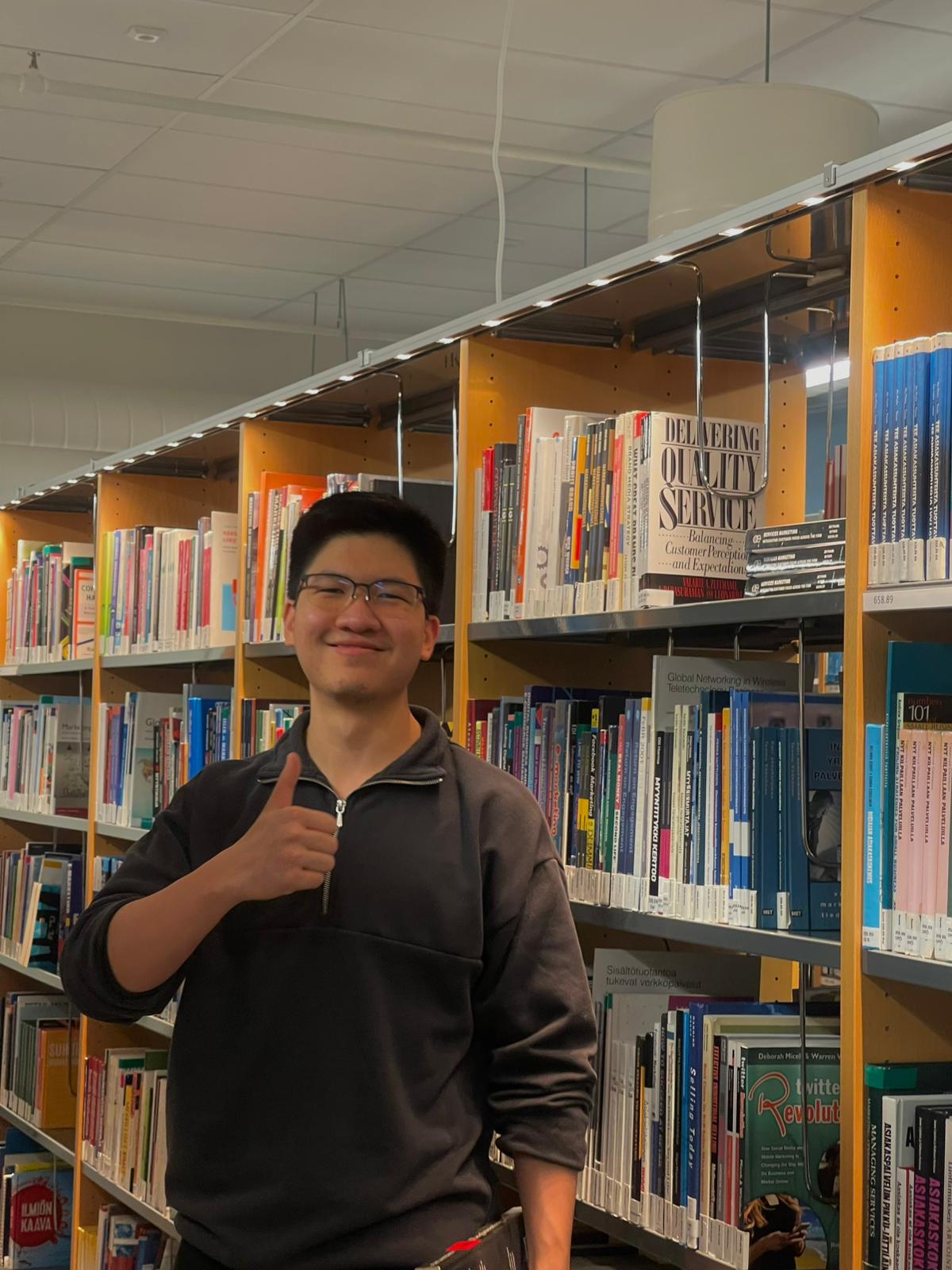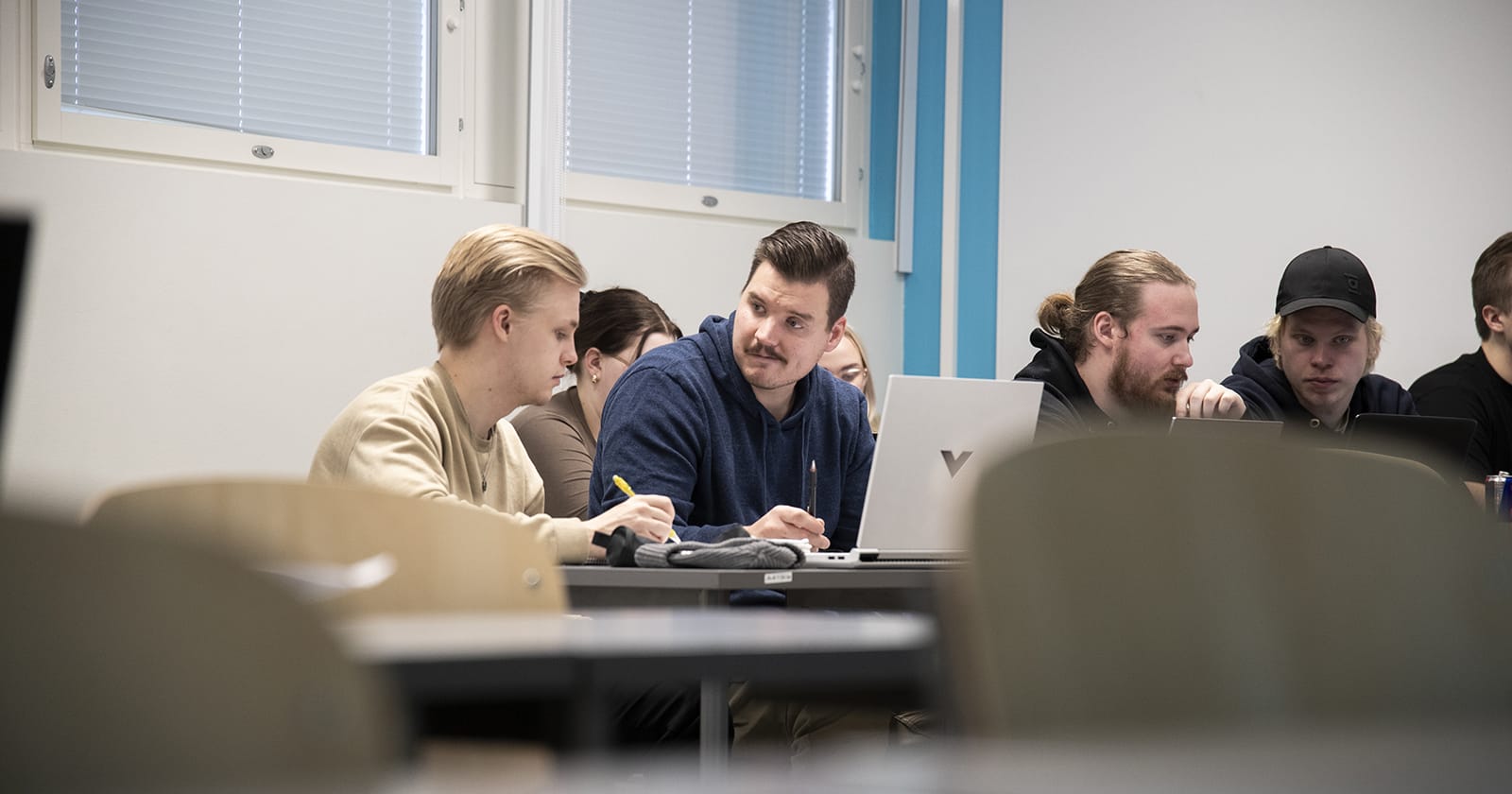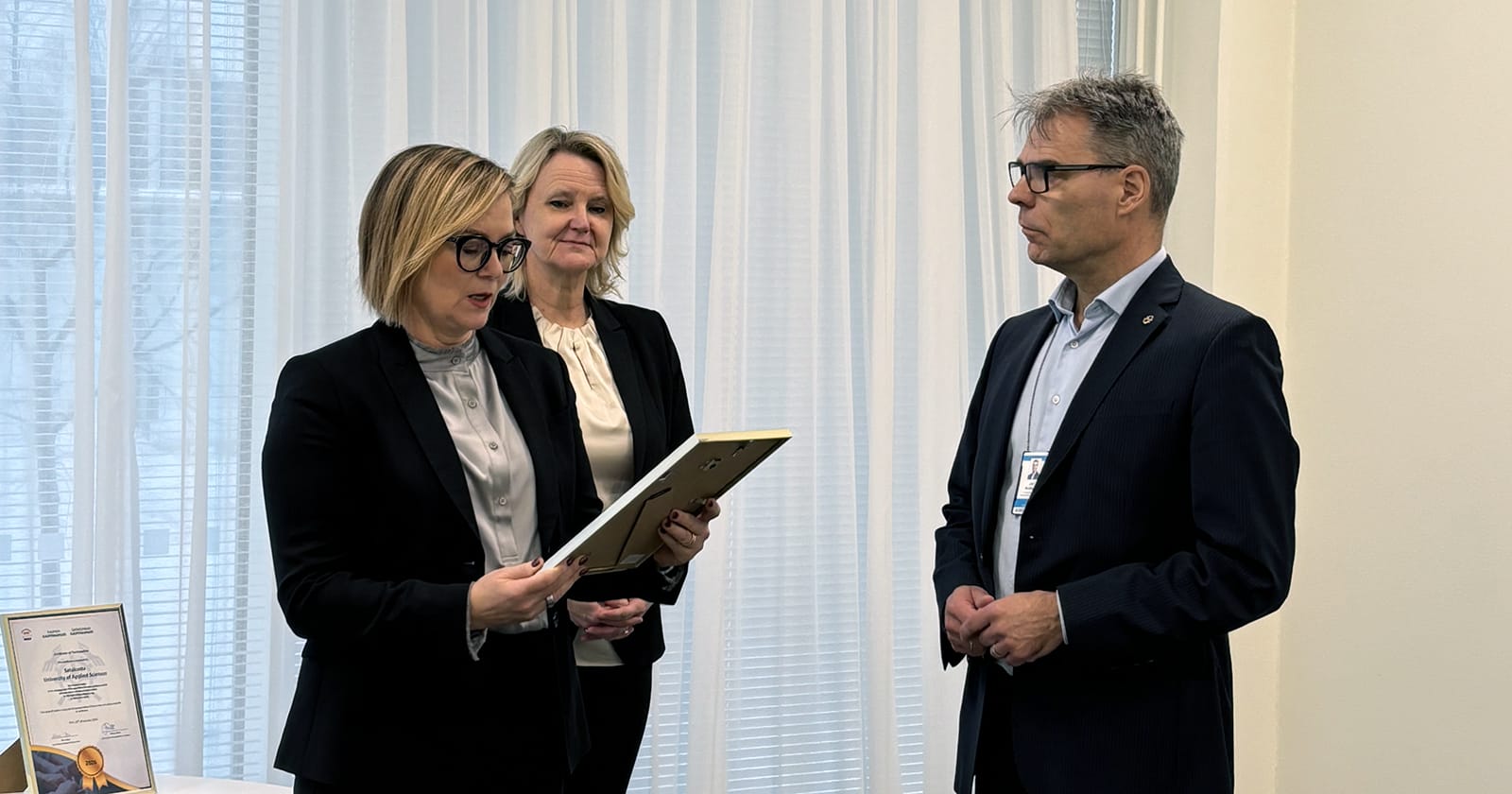ROS education to give new competence and competitive edge to the region of Satakunta
SAMK is planning an ROS (Robot Operating System) further training module to be organized in autumn 2020. The target group consists of SMEs and employed or unemployed jobseekers, who would improve the competitiveness of the region of Satakunta with their new competence.
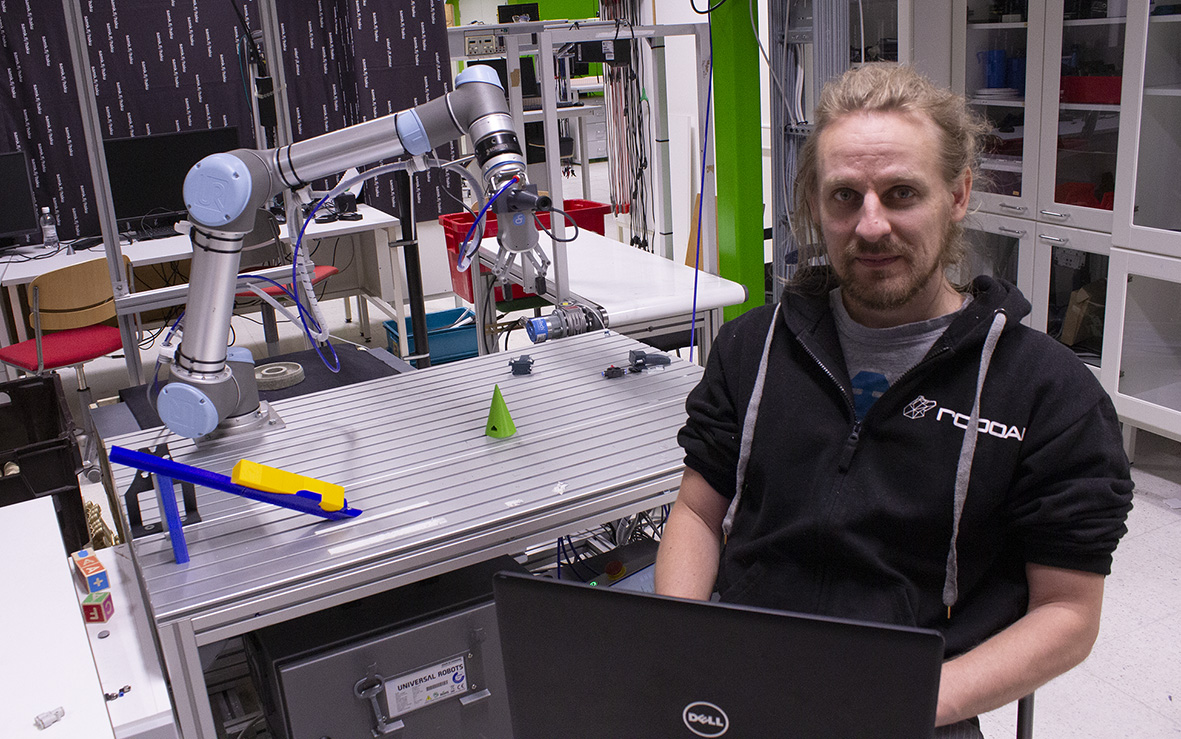
– ROS software environment can be utilized e.g. to control Universal Robots´ UR-5 collaborative robot, Aaltonen explains.
SMEs interested in the training have an excellent opportunity to influence the contents of the training during the spring and summer.
– Currently, we have thought out the broad outlines of the training. We will make a tour in local companies and if they give us signals that they are interested, we try to customize the module to meet their needs, promises project researcher and lecturer Toni Aaltonen from RoboAI.
Programming environment of the future
ROS is so far quite rarely used. However, in the future it should be invested in if we want to keep up with the robots´ software development. Aaltonen is of the opinion that ROS could be useful in various enterprises.
– For example it might be useful for sub-component manufacturers to include an ROS interface in the products even though not utilizing it themselves. A new interface can bring new customers. Furthermore, companies utilizing mobile robotics or machine vision systems in collaborative robotics can gain savings with ROS, Aaltonen tells us.
Product development is also increasingly moving to the direction where robots are not just possibilities for interface but ROS natives. Aaltonen believes we will see growth in this in the future.
ROS saves time
The advantage of ROS is that it is open source-based and includes several ready software components. This means countless saved working hours e.g. in mobile robot manufacturing. Moreover, the close integration of ROS to the world of simulation is an important benefit.
At present, the availability of ROS training in Finland is limited. Some universities offer courses in ROS environment but there is no equivalent to the module SAMK is planning.
– When learning the use of ROS, it is an advantage if there is some knowledge about programming (Python, C++ or other) and Linux. But not to worry, the basics of both will be dealt with, Aaltonen encourages and wishes that those interested or willing to have more information would get in touch.
ROS is a robot software environment that combines different existing sub-functions on a same platform. The further training module is a part of Rokokoo project (Robotics training as a guiding principle for growth companies), which will be launched during spring 2020.
For more information:
Toni Aaltonen, project researcher
Tel. 044 710 3998
Email: toni.aaltonen@samk.fi
